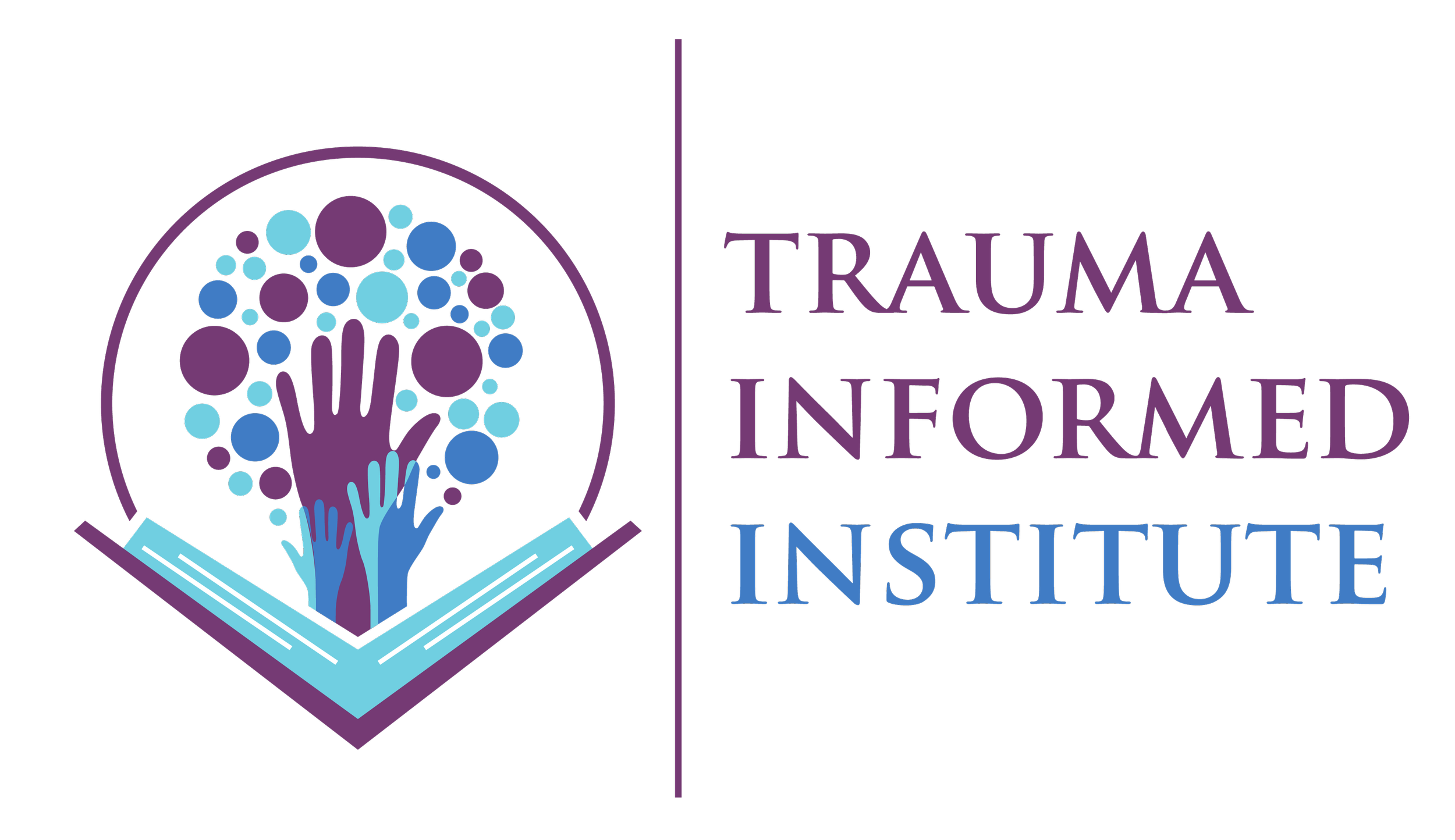As we continue our series with trauma-informed schools, this week, we will consider a different purpose for schools. Daily violence, poverty, abuse, and school shootings are some of the events that may cause a traumatic response in a child, but so can failing tests, being disciplined, not being included, heard, understood, or listened to, or having too many things to juggle and manage.
Studies have shown that children who experience trauma are more likely to develop risky behaviors, and often face negative health issues throughout their lifetime. These experiences can also add up and impact a child's cognitive abilities and limit their academic potential. From the 2016 National Survey of Children's Health (NSCH), it is shown that 46 percent of America's children had experienced at least one adverse childhood experience with the number rising to 55 percent for children aged 12 to 17. This means one in five U.S. children had two or more ACEs, but as of 2022, this number has significantly increased.
A high number of children experience trauma yet they still must go to school and perform academically while also preparing for their future by working jobs, securing internships, and preparing for college. We start this at an early age as young as two in some childcare centers. We adults know what it's like to juggle so many things in the workplace and our home and family life. We understand the impact of stress and adversity and the toll it takes on our overall health and well-being. So why do we not intervene early and maybe shift our thinking to construct schools in a way that serves the whole child?
School is the major connection between a child, community, and home. It is where we have the greatest opportunity to cater to needs that are not seen or resolved by parents/caregivers. This is why we advocate for educators and support staff to become trauma-informed so that they work WITH the parents to foster healthy brain development, resilience, and a community of support for children.
Positive outcomes shown in some schools who embraced trauma-informed approaches are:
Significant improvements in behavior
Significant improvements in academic achievements
Fewer suspensions
Fewer expulsions
From this, we ask, how can you become part of this advocacy? When will you start taking the big step to becoming trauma-informed? Consider these words:
“The best way to predict your future is to create it.” - A. Lincoln
We can help your organization take the initial step towards change. We offer certifications that can help you throughout the process.



